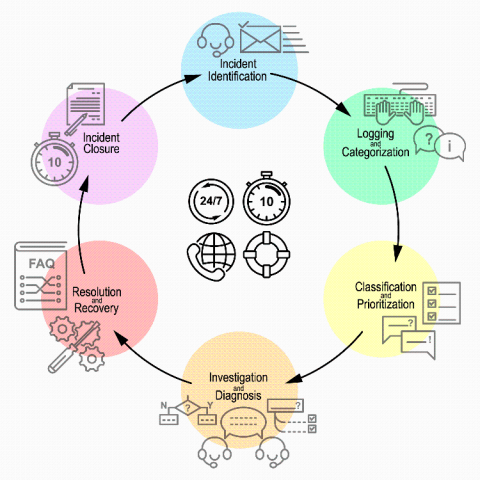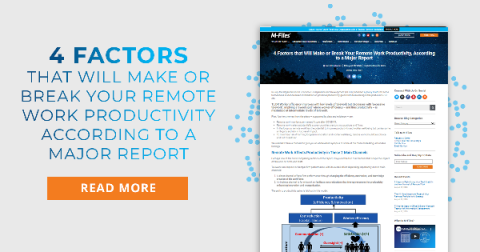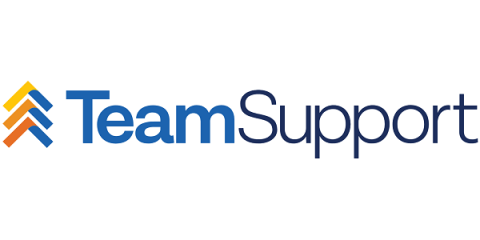20 Best Resource Management Tools for Your Business
Effective resource management can be the difference between sizable and non-existent profit margins. And one of the best ways to optimize your organization’s performance on this front is through resource management software. But with so many different solutions out there, it can get overwhelming quickly. This comprehensive list of resource management software will provide valuable insight into what might work for your company.










